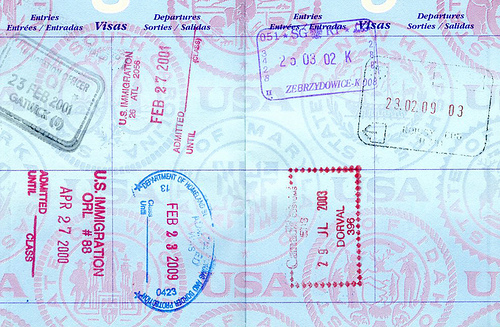Parliament passes body scanner Bill

X-ray-style airport scanners are set to check in at Australian airports after parliament yesterday passed an amendment to the Customs Act 1901 that allows internal body scanners to be used to identify couriers carrying illicit drugs internally.
The amendment, proposed in February, will see Customs and Border Protection initiate a year-long trial of x-ray body scanners at Australian airports. For "operational reasons", Home Affairs Minister Brendan O'Connor has refused to elaborate where the scanners will be situated.
The scanners, however, stand in stark contrast to the controversial "naked scanners" used by the Transport Security Administration, or TSA, in the United States to detect concealed weapons, drugs and other items, as the Australian scanners will show x-ray detail, not external detail.
O'Connor's office yesterday also offered travellers an assurance that the scanners would not be subjected to members of the general public at random, with suspects required to give written consent before being scanned.
"Body scanning technology will not be used on all travellers or used randomly," the minister said in a statement yesterday. "It will only be used where there is a reasonable suspicion that a person is carrying drugs internally. In addition, a suspect must consent to the use of body scanning technology."
Current procedure sees Customs and Border Protection officers take those suspected of carrying drugs internally to a medical facility for an internal examination by a doctor. The new technology sees the potentially invasive medical option used only if the suspect refuses a scan.
According to ministerial figures, last year saw Australian Federal Police officers spend 4600 hours sitting in hospital waiting rooms guarding suspects.
O'Connor also said that any images collected by the scanning process would be subject to appropriate access, storage and destruction controls to ensure privacy.
"As minister for privacy, I'm acutely aware of community concerns about the use of such technology. I'd like to assure the public that this technology will be subject to strict controls," the minister said.
The scanners will go live in Australian airports in the coming months.
